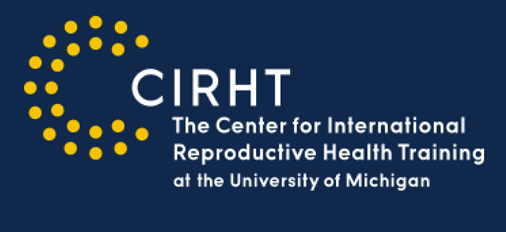Speaker
Description
Abstract
Background: Unintended pregnancy remains a major public health concern for women of reproductive age, particularly in low-income countries. Contraceptive self-injection such as Sayana Press (DMPA-SC) offer a promising self-care intervention that supports women's autonomy and access to reproductive health services, particularly in resource-limited settings. However, their acceptability and perceptions among women in peri urban communities such as in Zambia remains underexplored. This study explored the perceptions and acceptability of self-injection contraceptives among women living in peri urban communities of Lusaka Zambia.
Methods: The study employed a qualitative case study design in peri-urban communities of Lusaka, Zambia (Kanyama and Chawama). Data was collected between August and October 2025 among 32 women of reproductive age who had previously used and not used Sayana Press. In-depth interviews (IDIs), and focus group discussions (FGDs) were used to collect data. Participants were recruited from outpatient departments and maternal and child health units. The discussions were recorded, transcribed verbatim, and translated from Nyanja or Bemba to English. Transcripts were coded precisely, and data analysis was performed using Dedoose version 9, employing both open coding and framework analysis approaches to identify emerging themes.
Results: Women generally found self-injection contraceptives acceptable, with perceptions shaped by both enabling and limiting factors. Key facilitators included the convenience and autonomy that self-injection offered, allowing women to manage their contraception privately and independently—particularly valuable in communities where access to healthcare is limited. Participants appreciated being able to avoid long travel distances, clinic wait times, and stigma associated with facility-based family planning services. The method’s minimal pain and side effects also contributed positively to its acceptability.
However, several barriers influenced hesitancy. Many women expressed concerns about their ability to correctly administer the injection, fearing mistakes that could lead to health complications or pregnancy. Despite receiving training, some participants still reported anxiety, lack of confidence, and fear of doing it wrong. Others highlighted challenges linked to low health literacy, forgetfulness, and social judgment. Stigma around contraceptive use—especially among peers or community members—further discouraged uptake.
Conclusions: Self-injection contraceptives are generally acceptable but face barriers such as fears of incorrect use, low health literacy, anxiety, stigma, and concerns about forgetting doses. To fully realize the benefits of self-care, especially in resource-constrained urban areas targeted strategies are needed—combining clear education, practical hands-on training, ongoing support, and community engagement—to build user confidence and address both individual and social barriers.
Keywords: Self-Injection, Contraceptives, Sayana Press, Zambia, Perceptions, Acceptability


